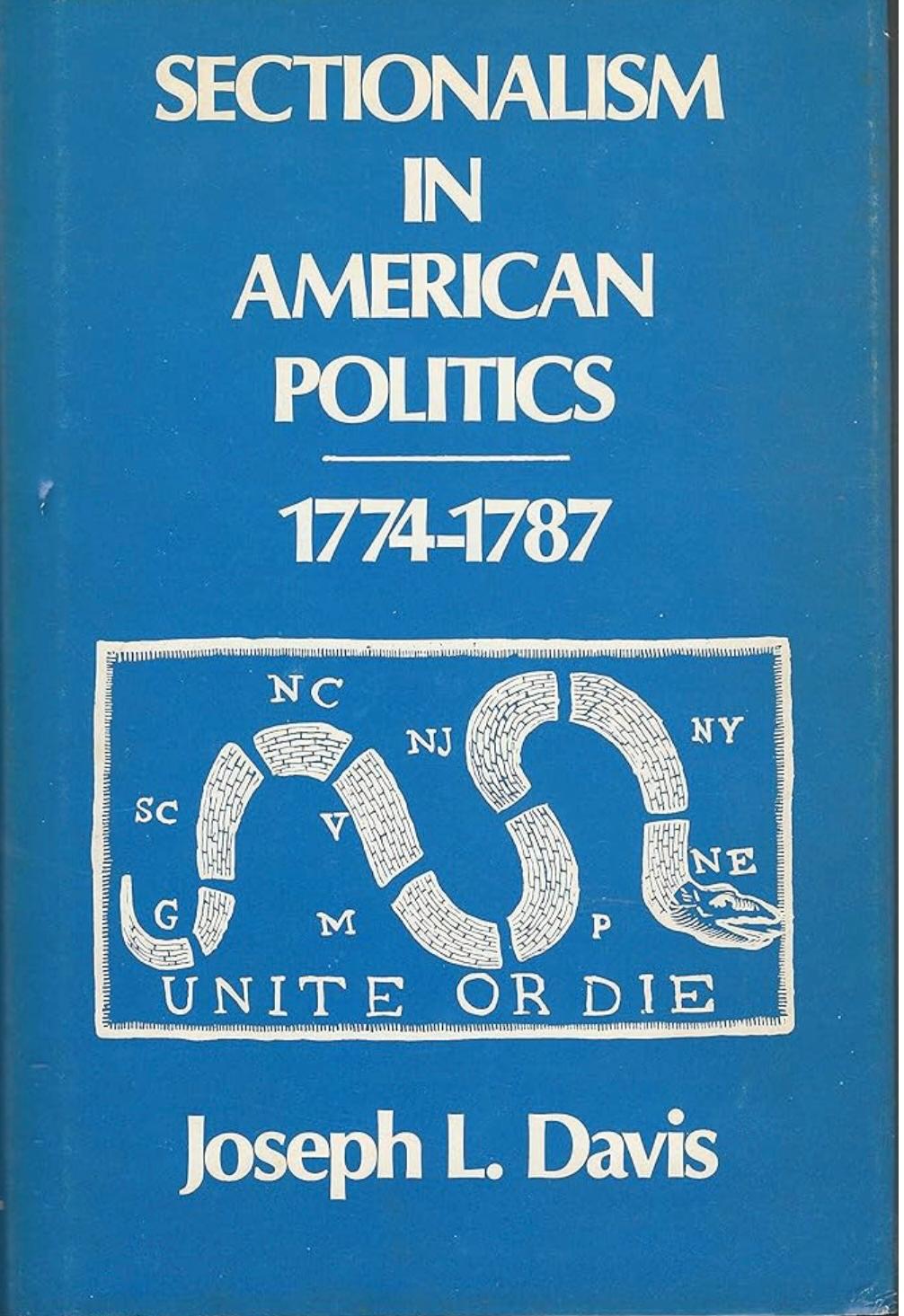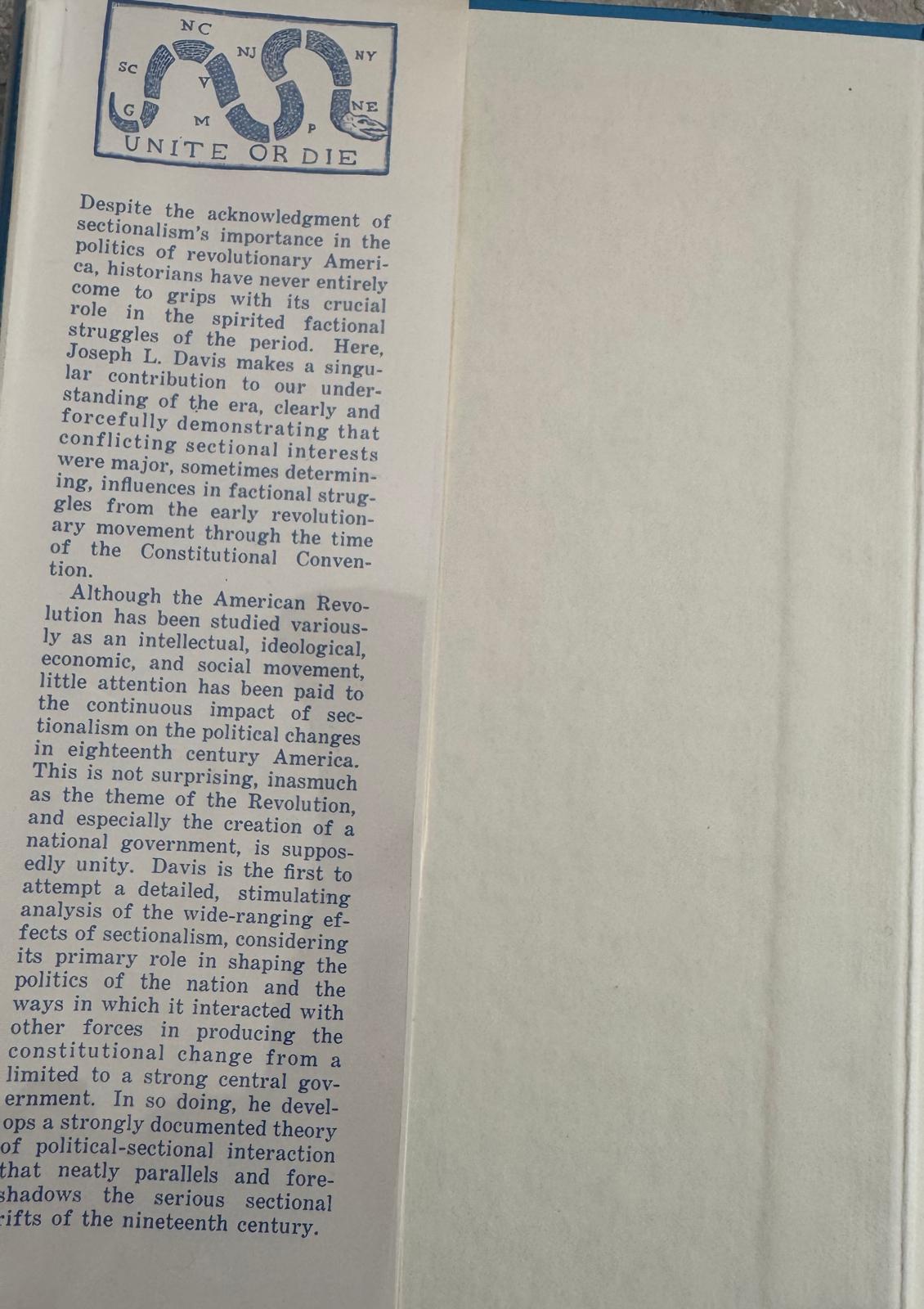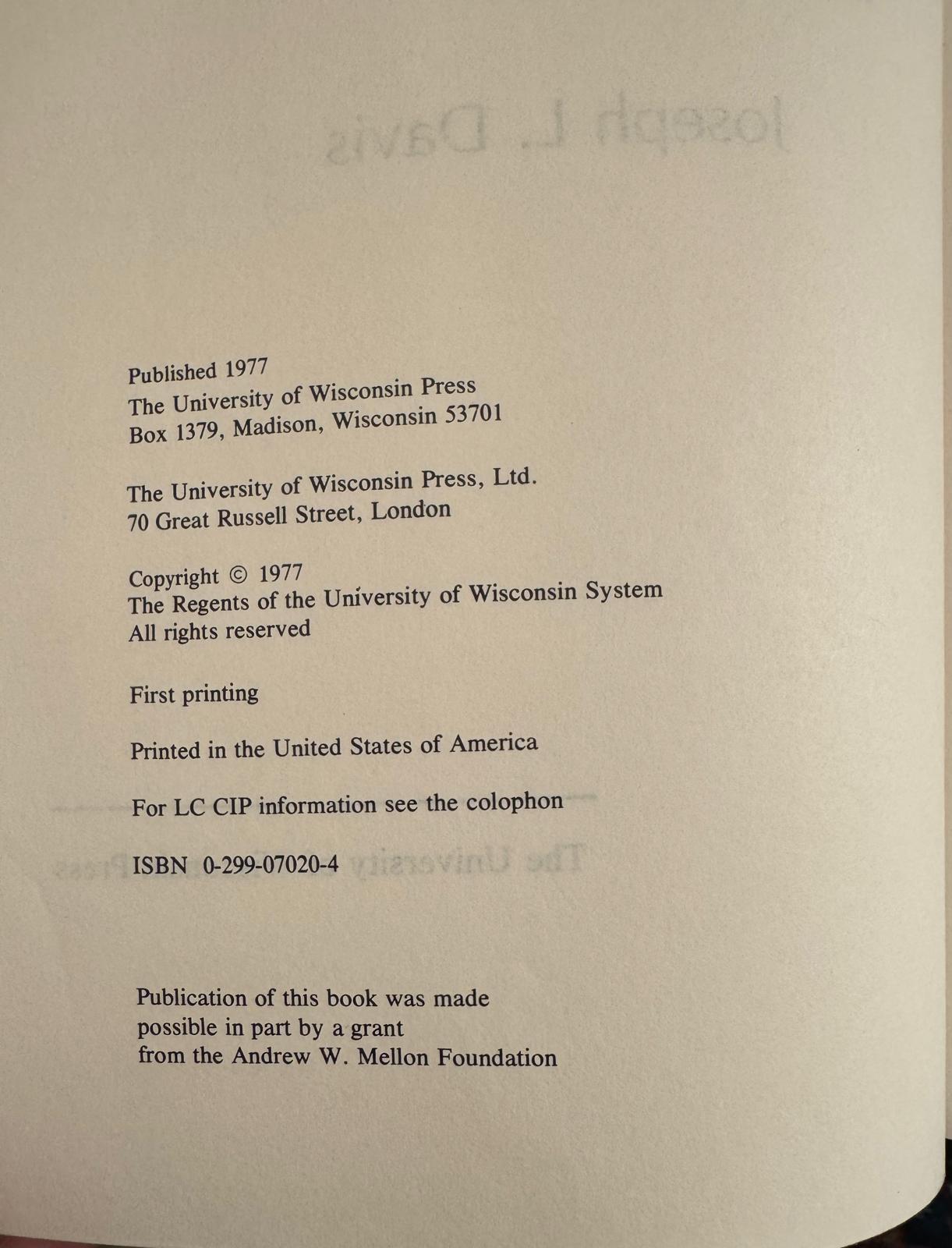Joseph L. Davis’s “Sectionalism in American Politics, 1774-1787” is a scholarly examination of the forces that drove regional divisions in the United States during its formative years. Covering the period from the initial stirrings of revolution in 1774 to the ratification of the Constitution in 1787, Davis delves into how diverse interests among the colonies and later states—particularly between the Northern and Southern regions—manifested politically.
The book likely analyzes several key aspects of sectionalism during this era:
- Economic Differences: How divergent economic systems, such as the mercantile and agricultural economies of the North versus the plantation economy reliant on enslaved labor in the South, led to conflicting views on trade, taxation, and economic policy.
- Social and Cultural Disparities: The distinct social structures, religious practices, and cultural norms that emerged in different regions, contributing to varying perspectives on governance and societal values.
- Political Representation: The challenges of balancing representation in a new national government, given the disparate populations and interests of the states. This would include discussions on issues like the three-fifths compromise and the debate over national versus state power.
- Western Expansion: The contentious issue of westward expansion and the control of new territories, which often ignited debates over whether these new lands would be free or slaveholding.
- Impact on the Revolution and Constitution: How these sectional concerns influenced the conduct of the Revolutionary War, the weaknesses of the Articles of Confederation, and ultimately, the compromises forged during the Constitutional Convention to create a more unified nation.
Davis’s work aims to illuminate how these early sectional currents, while perhaps not as stark as those that would lead to the Civil War, were nonetheless significant in shaping the political landscape and institutional framework of the United States, foreshadowing later, more intense conflicts. It provides a nuanced understanding of the complexities and challenges inherent in forging a single nation from a collection of diverse and sometimes competing regional entities.







![The Road to the Country - Chigozie Obioma [Signed Copy]](https://bakorbooks.com/wp-content/uploads/2025/03/IMG-11022-300x300.jpg)
Reviews
There are no reviews yet.